Product Description
SS 304 Safety Valves
A stainless steel safety valve is a pressure relief device constructed primarily from stainless steel, designed to automatically open and release excess pressure from a system when it exceeds a predetermined safe limit, preventing potential damage, commonly used in industrial applications due to its corrosion resistance and ability to withstand harsh environments, including high temperatures and pressures.
Key components and function:
-
Valve body: Made from stainless steel, providing excellent corrosion resistance.
Disc and seat: These components form the sealing mechanism, typically made from stainless steel with a specially designed profile to ensure a tight seal under normal pressure conditions.
Spring mechanism: A pre-set spring applies force on the disc, counteracting the pressure within the system and holding the valve closed until the pressure exceeds the set point.
Stem: Connects the disc to the actuator, allowing the valve to open when pressure overcomes the spring force
How it works:
- When the pressure in a system reaches the safety valve's set pressure, the force exerted on the disc overcomes the spring force, causing the valve to open rapidly.
- This sudden release of pressure relieves the system, allowing it to return to a safe operating pressure once the pressure drops below the set point, and the valve automatically closes again.
- Applications and uses:
Applications and uses:
-
Chemical processing plants: Used in reactors, storage tanks, and pipelines to protect against overpressure in various chemical processes.
Oil and gas refineries: Protect equipment from excessive pressure in pipelines and processing units.
Boiler systems: Essential for preventing boiler by releasing excess steam pressure.
Steam systems: Used in industrial steam lines to protect against overpressure.
Compressed air systems: To prevent excessive pressure buildup in air compressors and storage tanks.
-
Pharmaceutical manufacturing: Ensures safety in drug production processes where strict hygiene standards are required.
Benefits of stainless steel safety valves:
- Corrosion resistance: Stainless steel's inherent corrosion resistance makes it suitable for harsh environments with corrosive chemicals.
- High temperature tolerance: Can withstand high temperatures without compromising performance.
- Durability: Resistant to wear and tear, ensuring long service life.
- Hygienic properties: Important for applications requiring clean conditions.
Important considerations:
Valve size selection: Choosing the appropriate valve size based on the system's pressure and flow capacity is crucial.
Pressure setting: Setting the safety valve to the correct pressure level is essential for proper operation.
Regular maintenance: Periodic inspection and testing to ensure the valve functions correctly in case of emergency.
-
-


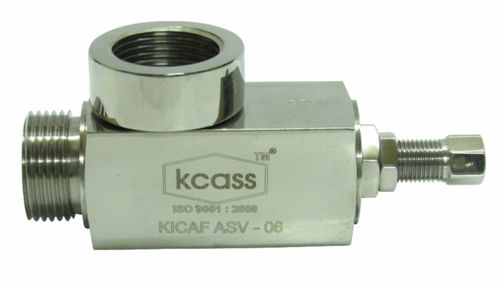

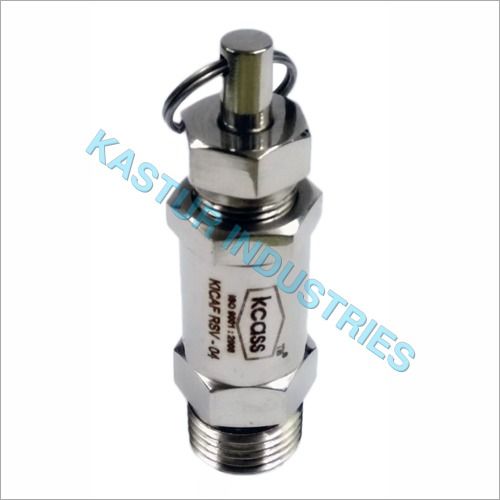
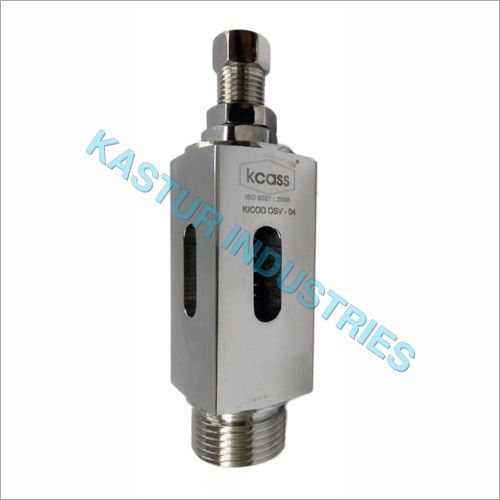
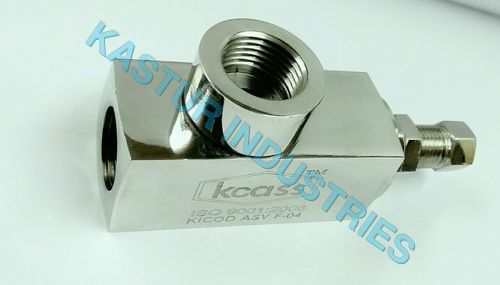
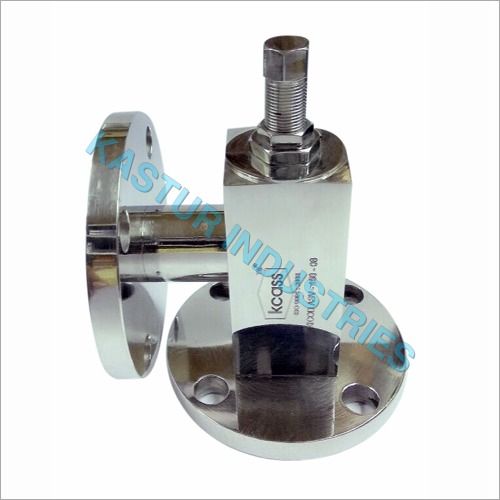


 Send Inquiry
Send Inquiry Send SMS
Send SMS Call Me Free
Call Me Free English
English Spanish
Spanish French
French German
German Italian
Italian Chinese (Simplified)
Chinese (Simplified) Japanese
Japanese Korean
Korean Arabic
Arabic Portuguese
Portuguese